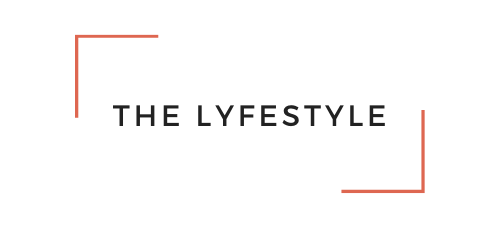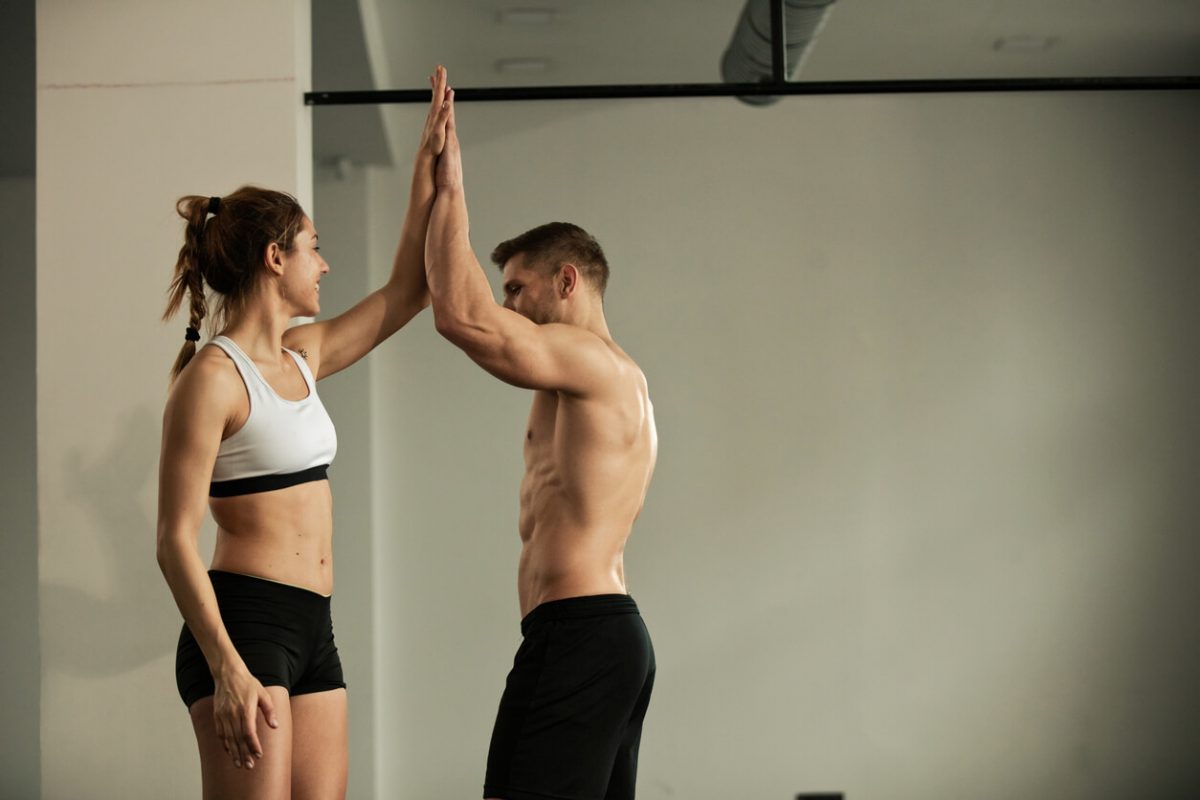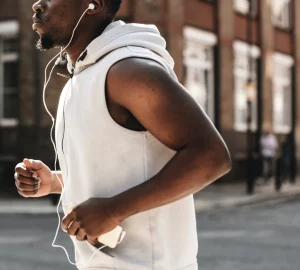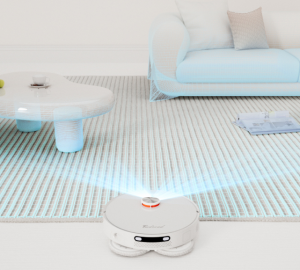With expert trainers guiding you through every kettlebell swing, bear crawl and plank, you’ve joined the right team to supercharge your full-body fitness and toning. But getting results is not just about sweating it out on the mat. You’ll need to brush up on your nutrition to fuel your workouts and build lean muscle.
Why is nutrition key to getting fit and toned?
- You need adequate calories and carbohydrates to give you energy to train and support lean muscle building.
- You need adequate protein to maximize muscle protein synthesis, the process that drives muscle growth, AKA definition.
- It’s not just about what and how much, but when you eat – to help you perform at your best and to fuel your growth and recovery.
Read on to get your nutrition into gear and set your fitness journey up for success.
Important: If you’re following all the advice in this guide and still not seeing results, or you are concerned about any other aspect of your nutrition, consult an accredited dietitian.
The Get Fit & Toned meal plan
The Get Fit & Toned meal plan is designed to match your training intensity and deliver increased calories via snacks. All variations contain adequate protein, and are balanced for macros (protein/carbs/fats) and micronutrients.
Rather than a focus on weight loss or bulking, this plan is about supporting an improved muscle mass to body fat ratio. To achieve this, you need adequate carbohydrates and calories to help you perform at your best on the workout mat.
You should aim for 2-3 snacks per day to meet your energy needs.
The daily calorie range for the Get Fit & Toned goal (including snacks) is:
Women: approximately 1500–1800
Men: approximately 2400–2600
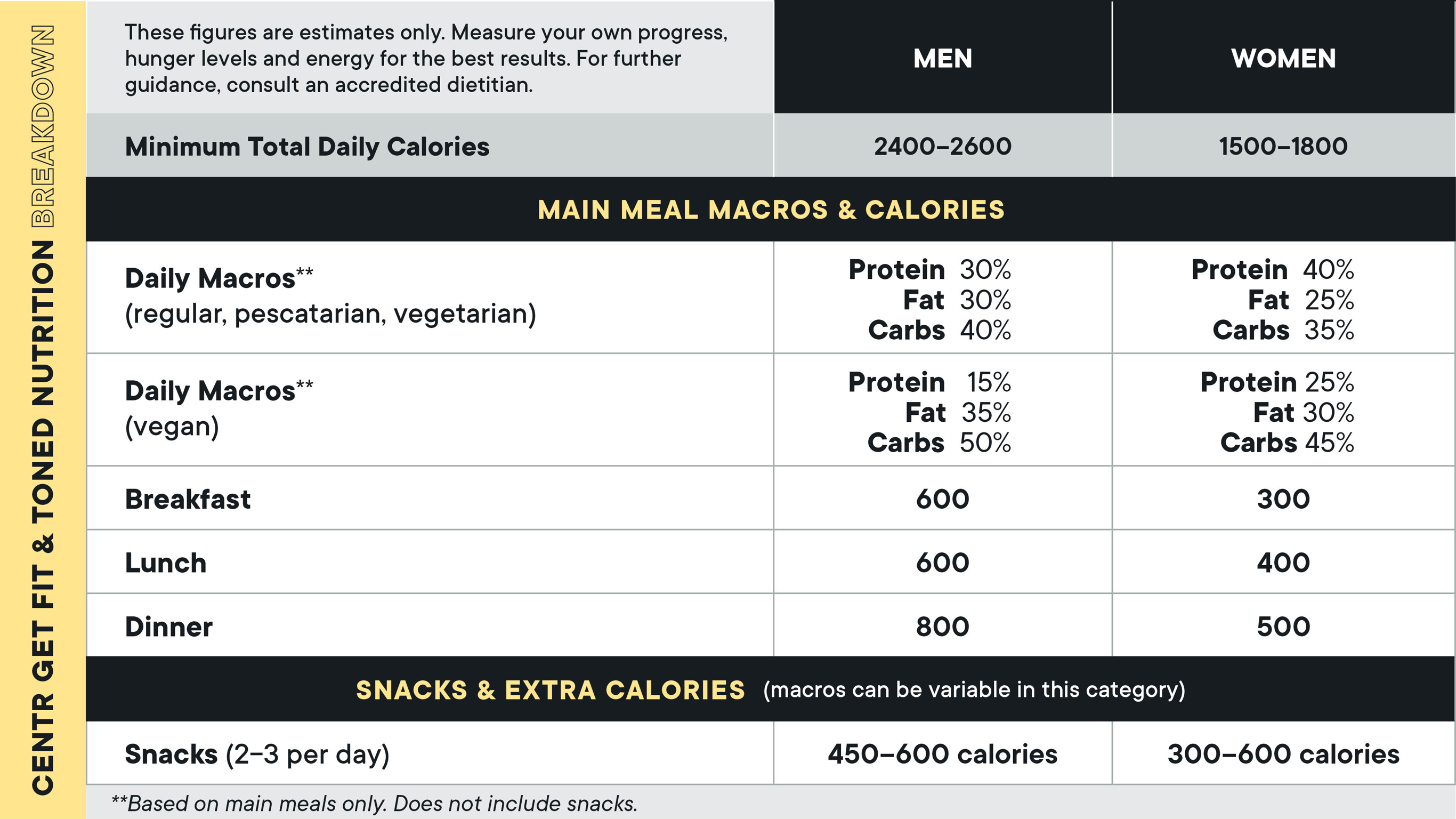
Remember, everybody’s nutrition needs are different. Your requirements vary according to a range of factors including how hard and often you’re training, body composition and muscle mass, your age, size, metabolism, genetics, as well as your specific goals. It’s important that you monitor your progress – as well as your hunger and energy levels – to ensure your nutrition needs are being met.
What about protein?
Protein is key to the repair and growth of muscle, so keeping up your protein intake is essential to adding definition. That doesn’t mean you need to go all out with bars and shakes – the regularity of protein intake is more important.
The Get Fit & Toned meal plan includes plenty of protein to support the growth of lean muscle.
What if you’re vegetarian or vegan?
The meals in your plan are all dietician-approved, and ensures most of your nutritional needs – including protein – are met by meals made from natural whole foods. However, high-quality vegan protein powder can be useful to ensure the right mix of amino acids at the right time, so you’ll often see this incorporated into smoothies and snacks.
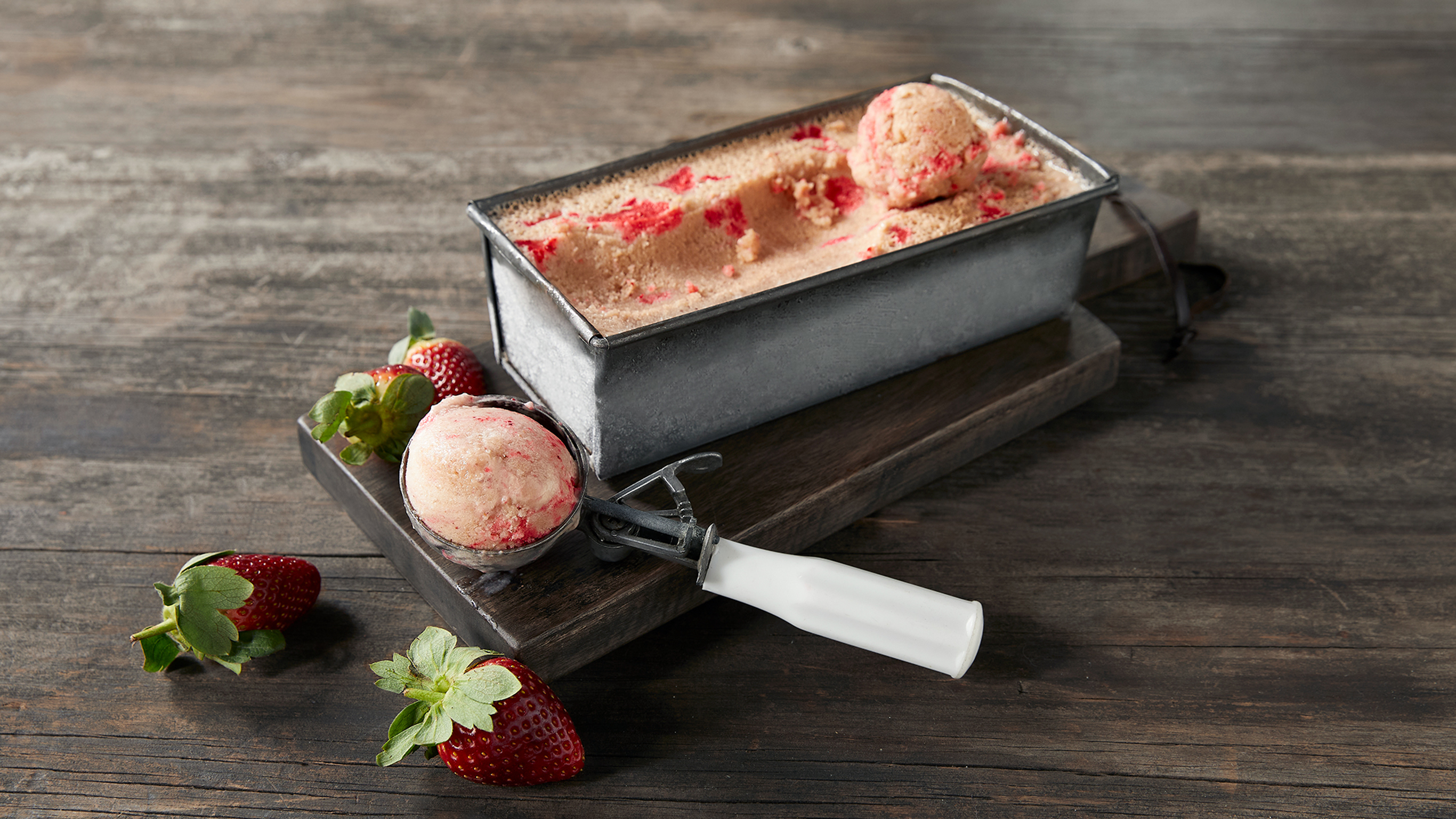
How to time your meals and snacks to Get Fit & Toned
Timing your meals and snacks to support your fitness is crucial. It’s okay to go through a bit of trial and error to figure out what fuels you best and when you do your best work.
Pre-workout: If you’re working out first thing in the morning, have a snack or a light breakfast an hour before you start. If you train late afternoon or after work, aim to have lunch 3-4 hours prior, then have a top-up snack with protein and carbs an hour before.
Post-workout: Ideally, have a post-workout snack or meal within 1-2 hours of training.
Rest days: It’s not just the initial post-workout recovery window that’s important – your intake of protein over the following 24-72 hours and your TOTAL calorie intake is key when it comes to getting results. That means you should keep your calorie intake consistent even on the days you’re not training. Your body can still be in recovery mode two days after a big workout.
Snacks: Are you snacking correctly? Snack options include Everyday, which are lower energy than the Pre or Post-workout options. Pre-workout snacks are higher calorie and more carbohydrate-based, to meet higher energy needs. Post-workout snacks contain both protein and carbohydrates, and are higher in calories than Everyday snacks.
Help, I’m not seeing any progress!
When you’re training to build cardio capacity, stamina, strength and definition, the physical changes in the mirror won’t necessarily be as obvious as they would be if you were losing weight or adding bulk. If you’re a beginner, you may see an improvement in tone and definition faster than someone who is already fit and active.
Be patient and monitor how you feel. Try tracking the weights you’re using in your workouts, and your overall performance. If you don’t have the energy to push your training intensity, you may need to lift your calorie intake. It may be just a subtle change is required, so start with an extra snack or larger meal portion and monitor your progress.
If you’re chasing greater physical changes, it could be time to reconsider your goal. If you’re after serious muscle mass, consider switching your goal to Build Muscle. If your priority is losing weight, you should switch to the Lose Weight goal.
Adapt for success
Your structured meal plan sure does make life easy, but stay tuned into your progress, your hunger and how you’re feeling so you can adjust your food intake accordingly. Listening to your body is the most important part of any health and fitness journey, no matter your goal.
If you have specific, individualized nutrition requirements or body composition goals, it’s best to consult with an accredited sports dietician.




